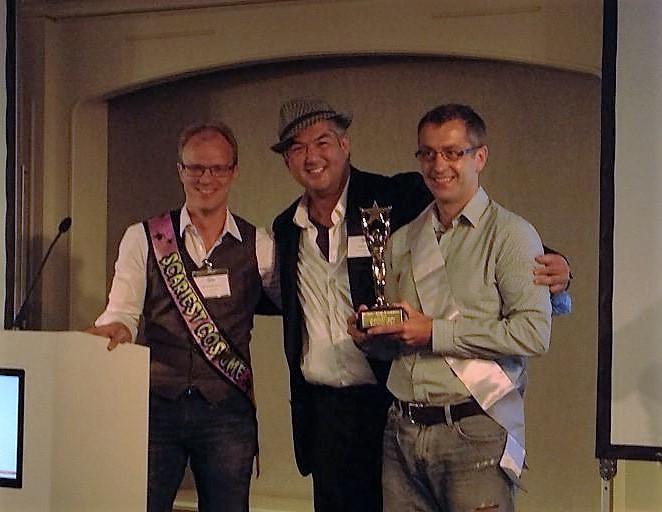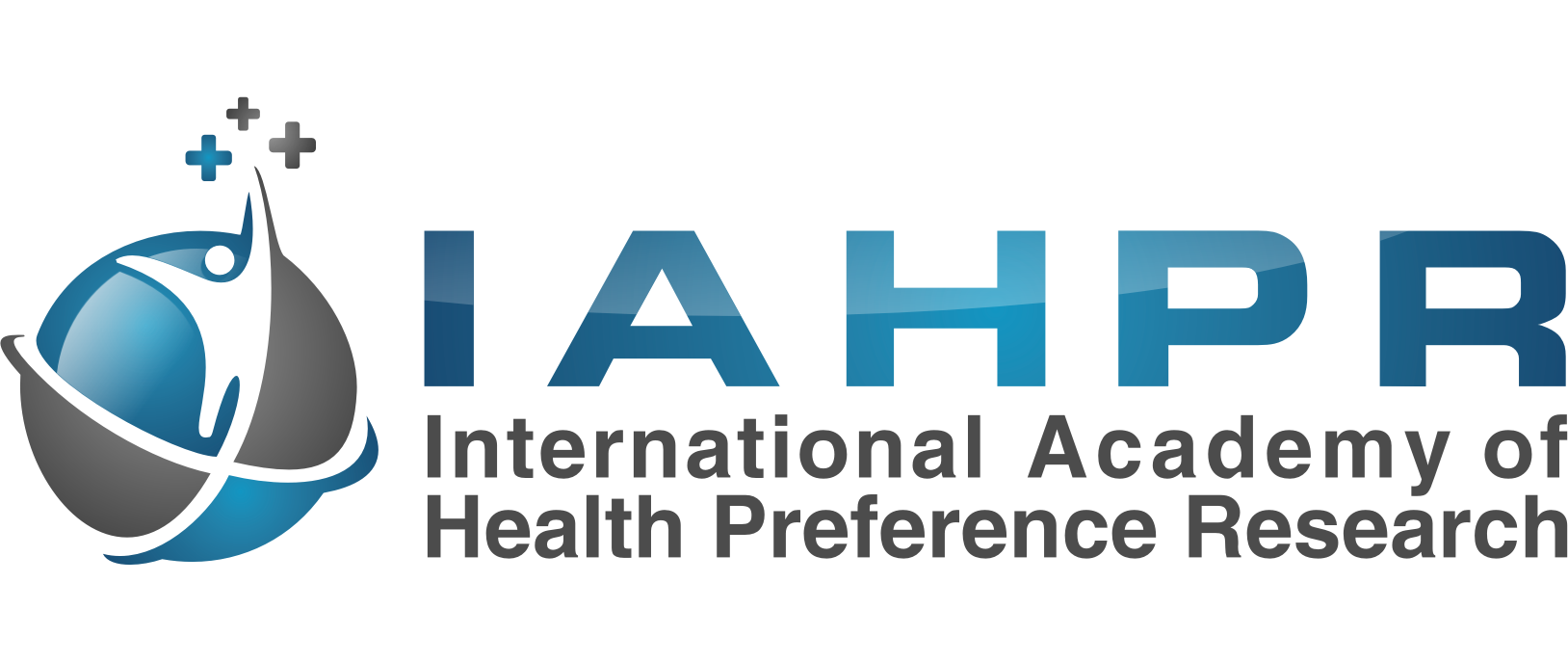There is growing interest in the use of discrete choice experiments (DCE) for valuation of EQ-5D health states. However, one of its primary challenges is its analytical specification. Due to the novelty of applying DCE methods for this purpose, it remains unclear which specifications predict choices better, and little is known about what approaches work best for choosing between alternative models in health preference research.
In response to these issues, IAHPR is hosting this competition run through the support of a grant from the EuroQol Research Foundation. The general idea is to engage a large number of brilliant minds with the problems faced whenever EQ-5D health attributes be valued. The aims of this competition are (1) to engage as many relevant research groups as possible, (2) to promote and test innovative modeling approaches, and (3) to identify which specifications and modeling selection approaches result in the best predictions of choices. The five steps needed to achieve these aims are:
Starting 4 March, team registration opened for the Competition.
By 13 April, 18 teams were selected and the exploratory data and code were posted (see Team Submission Materials below).
Starting 1 May, teams had over 2 months to submit predictions (Deadline 12 July 2016).
By 24 July, all teams’ forms and predictions were published online (see Competition Results). After posting, the confirmatory study was launched.
On 16 September, the team with the best predictions of the confirmatory data (smallest chi-square) was announced.

Photo taken by A. Simon Pickard
At the 33rd EuroQol Plenary Meeting in Berlin, Germany, Kim Rand-Hendriksen (left) and Benjamin Craig (center) announced that “Discreetly Charming Econometricians” led by Michał Jakubczyk (right) won the 2016 EQ DCE Predictive Modeling Competition. As shown, the victorious team leader received a trophy and sash, and has agreed to share first authorship of the primary manuscript, after fulfilling the Vancouver criteria (below). Thank you to all teams that participated and to the EuroQol Research Foundation for their support. A review of all findings may be presented at the EuroQol Mid-Year Meeting, 6-8 March 2017, Noordwijk, the Netherlands.
This competition was designed to transparently and broadly encourage efforts towards understanding the potential benefits of specific analytic specifications and alternative approaches to specification selection in HPR. Although the results may not be universally generalizable across countries or attributes, they motivated debate among the HPR investigators and serve as an open dataset for students and those interested in learning more about DCE methods and the EQ-5D. We hope to host another DCE competition in 2017 or 2018.
MATERIALS:
EQ DCE Competition Description, Rules, and Procedures v1.1: pdf
Appendix: pair selection pdf
Exploratory Survey Instrument: link (try the survey!), screenshots pdf
Exploratory Pairs: superset xlsx, efficient pairs xlsx, all pairs csv
Confirmatory Pairs: superset xlsx, efficient pairs xlsx, all pairs csv
Team Submission Materials
Prediction Submission Form: docx, pdf
Blank Prediction File: csv
Exploratory Data: data csv, code zip, predictions csv
Submission Example: form pdf, code zip, predictions csv
Competition Results
Manuscript: 26 August draft pdf, 2 Sept draft pdf
Progress Reports: 25 March pdf, 14 April pdf
Submissions: 24 July draft version pdf csv, 17 August final version pdf csv
Confirmatory Survey Instrument: link (try the survey!)
Confirmatory Survey Results: 4 Sept csv
